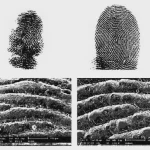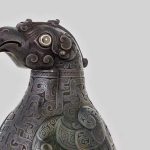Seated Scribe – Egyptian Old Kingdom
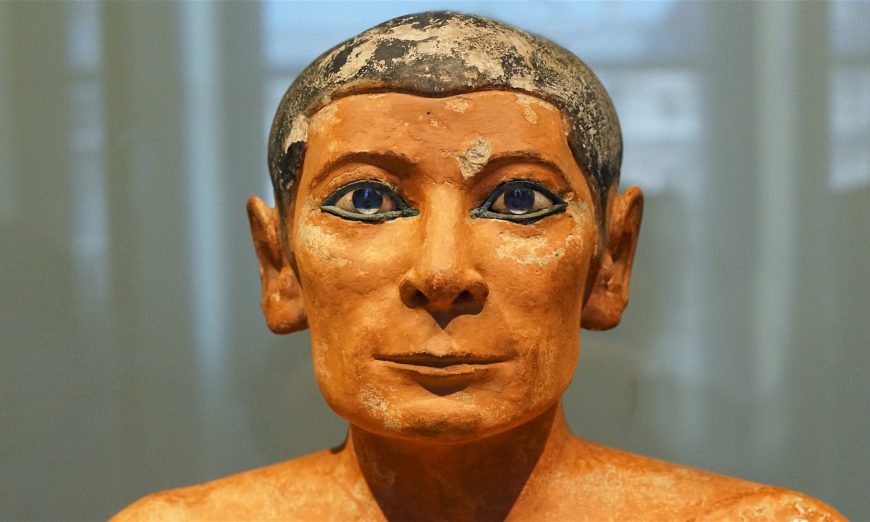
Seated Scribe, Old Kingdom Egypt. Discovered at Saqqara, now housed in the Louvre Museum.
Thoth, regarded as the patron deity of scribes, was traditionally credited with inventing hieroglyphs. Often portrayed as a scribe himself, he recorded the outcome of the “weighing of the heart” in the judgment halls of the afterlife. His consort or daughter, Seshat, goddess of writing, inscribed the lives of individuals onto the leaves of the sacred persea tree, serving as the official chronicler of the pharaoh.
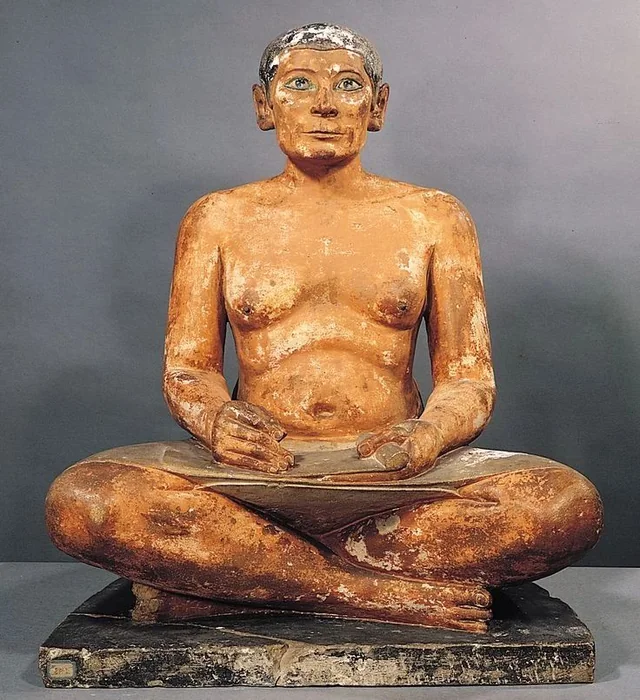
It is no exaggeration to say that much of what we know about ancient Egypt comes from the work of its scribes. Egyptians covered their temples and tombs with hieroglyphs, but scribes also kept detailed records of daily life, from supplies stored for workers to legal proceedings. They documented magic spells, wills, contracts, medical treatments, tax accounts, and family lineages.
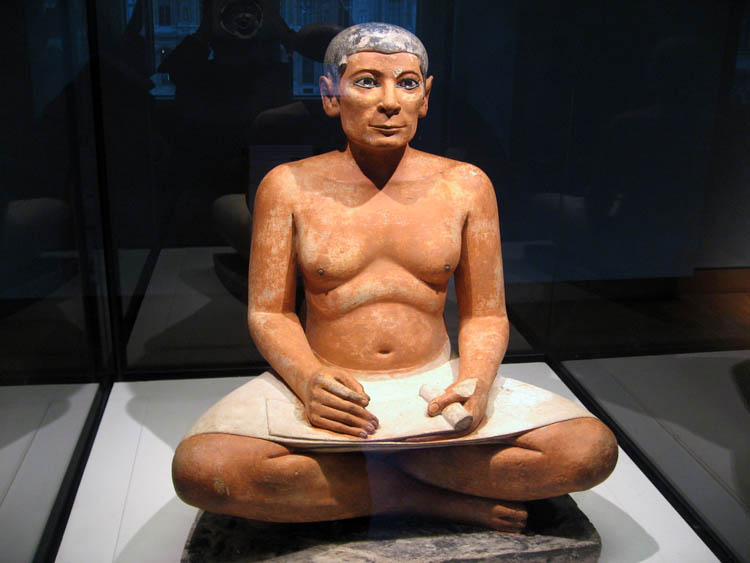
Scribes formed the backbone of Egypt’s centralized administration, military, and priesthood. In reality, little occurred in Egyptian society without their involvement. Unsurprisingly, one of the most prestigious titles was sesh—“scribe”—a word more accurately translated as “to draw” or “to create,” rather than merely “to read” or “to write.” The role of scribe is among the oldest known professions, with depictions of cross-legged scribes and their writing tools dating back to the Old Kingdom.
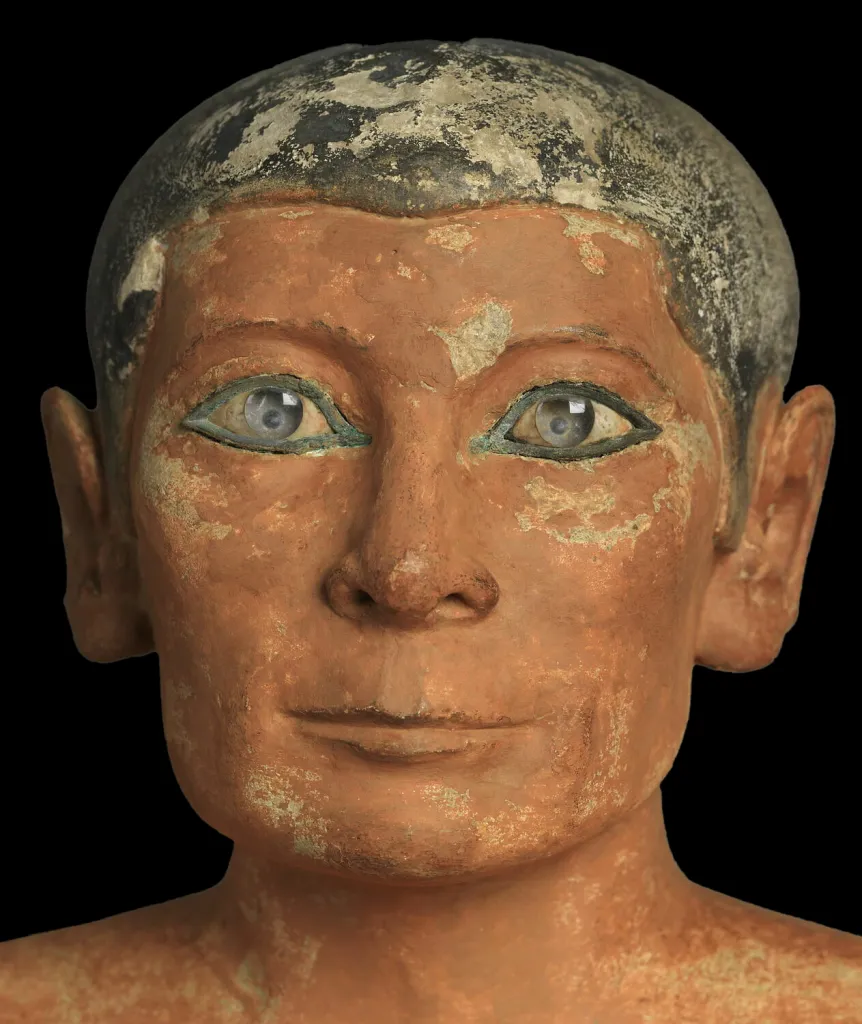
The hieroglyphic system was both intricate and visually striking, and mastery of it granted scribes high status. They were seen as guardians and innovators of Egyptian culture, crucial to both scholarship and statecraft. Beyond copying existing texts for posterity, scribes edited works and composed new ones. As members of the royal court, they enjoyed privileges such as exemption from taxes, military service, and manual labor.

Many influential positions within the bureaucracy required scribal training. Those unable to read or write relied on scribes to compose or interpret correspondence. Letters often began with the phrase, “May you be well when you hear this,” suggesting that scribes sometimes read documents aloud to recipients—a necessity in a society where literacy was limited to a small elite.





